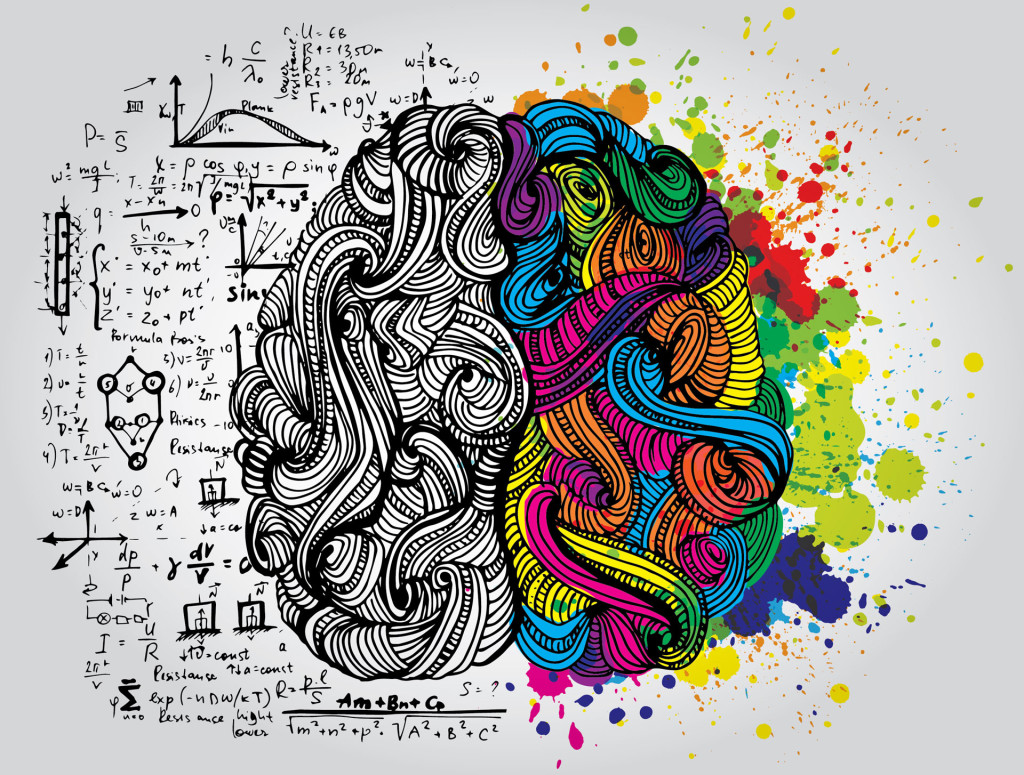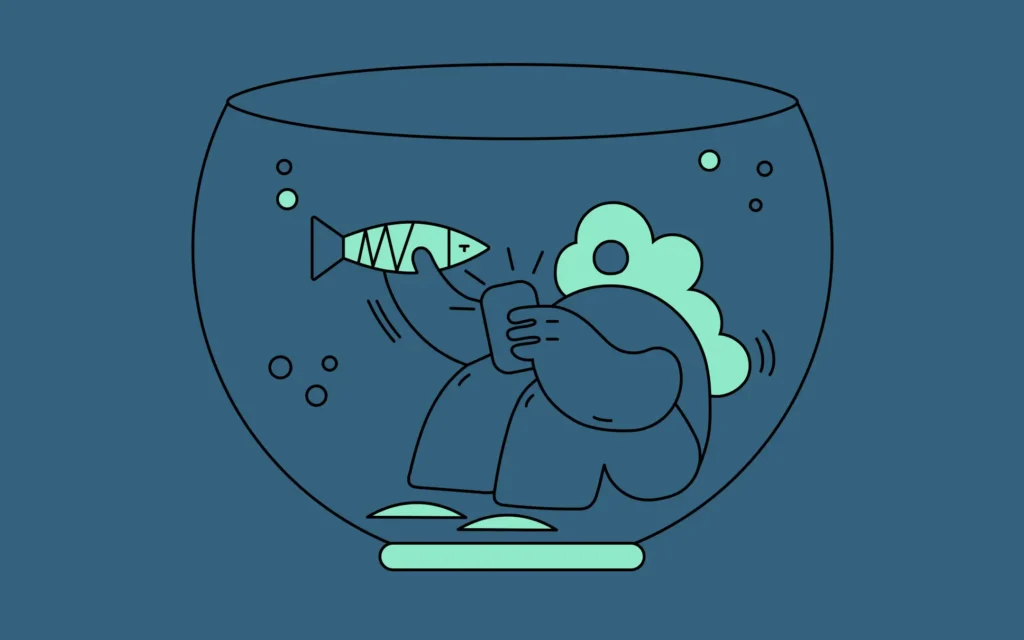Emotion is Key to Driving Brand Loyalty
Emotion is Key to Driving Brand Loyalty

Brand Loyalty is deeply tied to emotional significance between people and brands. We all have products we use with little thought or consideration. In fact, truth be told, we have little feeling for most of the products we use every day. Indeed, if we were unable to find one of the meaningless brands we regularly buy, we would be more than happy to settle for another brand. After all, as far as we are concerned, very little separates one from the other.
For some, there is no alternative
But for some of the products in our lives, there is no alternative. This is because we have developed a strong and resilient degree of loyalty to these products. This behavior-changing loyalty flows from the potent mix of personal relevance and emotional importance that such products embody.
In other words, these products work perfectly. They regularly and flawlessly deliver exactly what we need. Most important, they do it in ways that makes us feel especially good.
Emotion is the key to driving brand loyalty
Indeed, according to this Forbes article on brand loyalty, emotion is the most significant factor in brand loyalty:
“Brand loyalty has always been driven by emotional engagement, and the rankings on this year’s list make it abundantly clear that connection, meaning, and differentiation is still everything.”
What if you couldn’t have your favorite brand?
Consider this list of the top brands with the most loyal customers. Of the ones you use, consider what it would take for you to abandon that preferred brand, and to move to something else.
- Amazon: tablets
- Apple: tablets
- Apple: smartphone
- YouTube: social networking
- What’s App: instant messaging
- Amazon: online retail
- Google: search engines
- Kindle: e-readers
- Samsung: smartphones
- Dunkin’ Donuts: coffee (out-of-home)
It may be hard to express precisely what makes you loathe the idea of not having your favorite brands available. That’s because the emotions and feelings we attach to such connections are deeply held. Nonetheless, they are in the driver’s seat when it comes to our preferences. Most important, they drive what every brand seeks: loyalty.
Brand cultures that live to generate positive emotions
Smart brands understand these vital emotions, and proactively manage the emotional aura of their brands. They don’t simply advertise emotionally, they consciously evoke positive feelings through the way they manage their business, their product experiences, their marketing efforts, and their customer service: their brand strategy. They create a culture that lives to generate positive emotions in every brand encounter.
—
Emotive Brand is a San Francisco branding agency.






